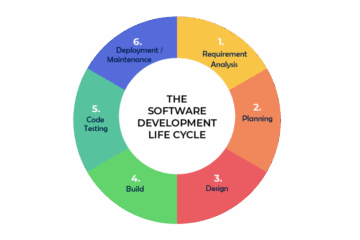
Last week, the FDA approved a first-of-its-kind medical device to track whether patients are actually taking their medications. The device is a triumph of technology—it may represent an important tool to support team-based care for complex patients—but it forces us to consider a host of new questions about the limits of technology in health care delivery.
The approved device is a tiny chip embedded in Abilify, a medication used to treat schizophrenia. When swallowed, and once it makes contact with a patient’s stomach acid, the chip releases a signal that a patch—which the patient wears—retrieves. That patch communicates a message that the pill has been consumed, and transmits the message to an app on the patient’s smart phone, which can then be shared with the physician, family, or others on the care team.
Measuring adherence to essential medications is a challenge. We know that only about half of patients adhere to medications that are critical to their well-being, with massive consequences to health and health care costs (estimated to be over $200 billionannually in the U.S.). However, patients often cannot or do not accurately communicate the extent to which they adhere to their treatment. As a result, physicians often increase the dose of medications or change treatments because they believe the current treatment is not working—while, in fact, the patient had not been taking the medication.
This could be a particular problem in schizophrenia, a serious mental illness, where medication adherence can be critical to a patient’s ability to function, and where providers may question the veracity of the patient’s report about adherence.
However, this device will not “fix” the problem of non-adherence. It will not help make the drug more affordable. It will not help with transportation to the pharmacy to pick up the medication. It will not eliminate side effects. There are many reasons that patients do not take their medications, and this device does not attempt to address most. It should be considered a tracking device, not an intervention to improve adherence. It’s a way for a health care team to better monitor a patient’s care.
We don’t yet have a sense of how much this would cost. At a time when drug costs are the fastest-rising segment of the health care marketplace, and will soon exceed the cost of hospital care in the U.S., devices that meaningfully raise the cost of medications must demonstrate meaningful benefit for patients before we will pay for them. In a resource-constrained world, investing in one device means we will have less to spend on other types of care or services.
And there are striking ethical issues that are raised by this device. How comfortable are we with our physicians tracking our behaviors at home? What type of consent is needed? We are seeing more and more opportunities to use remote monitoring to assist in the management of patients with chronic conditions, and they show great promise in improving the care and health of those patients. But how open are patients to opening up their homes and their lives to their health care providers? Where do we draw the line?We all applaud the increasing developments in technology to improve health care. Better technology, such as telehealth and remote monitoring, will unquestionably help us to deliver more convenient, less costly, and more patient-centered care. But not all technology advances health and health care. When it comes to devices that track your consumption of medications, there seem to be more questions than answers.
Source:-fortune.c



